Fyre Festival: Ticket-holders to receive money from $2m class action settlement
- Published
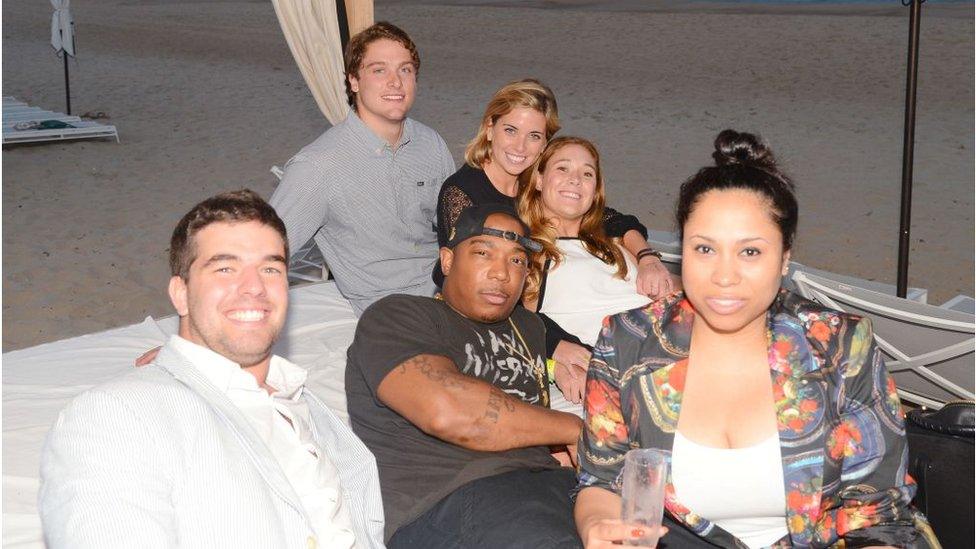
The Fyre Festival was organised by now-convicted fraudster Billy McFarland (left) and rapper Ja Rule (center)
Four years after the Fyre Festival fiasco, 277 ticket-holders could see some $7,220 (£5,226) returned, thanks to a settlement in a US federal court.
Organisers of the 2017 music event, which was billed as "the cultural experience of the decade", had promised a luxury two-weekend Bahamas getaway.
Attendees arrived instead to find total chaos: no musical acts, no planning and only disaster relief tents to sleep in.
The $2m agreement reached on Tuesday must still be approved and may change.
Organiser Billy McFarland was sentenced to six years in prison for fraud in October 2018, with the judge describing him as a "serial fraudster".
Grammy-nominated rapper Ja Rule, who was originally described as a co-organiser of the event, last year claimed he had also been scammed by McFarland. Ja Rule has not been charged in connection with the fraud.
The originally $100m class-action lawsuit was filed days after the infamous festival was cancelled. It argued the organisers had known the event was "dangerously underequipped and posed a serious danger to anyone in attendance", the New York Times reported.
Tuesday's settlement will be finalised during a hearing on 13 May. The pay out could be lowered depending on another Fyre bankruptcy case.
Ben Meiselas, the lawyer representing the ticketholders, told the Times he was pleased with the resolution, calling it "justice" that Mr McFarland was jailed and ticketholders would get some money back.
The lawyers representing Fyre have not commented on the settlement.
What was the Fyre Festival?
The Fyre Festival was promoted by Mr McFarland's Fyre Media as a two-weekend music festival on Fyre Cay, a private island in the Bahamas previously owned by drug lord Pablo Escobar.
High-level celebrities and influencers, including models Kendall Jenner, Bella Hadid and Hailey Baldwin, promoted the event on social media and said they would be in attendance.
The event reportedly sold about 8,000 tickets with an advertised musical line-up that boasted of more than 30 top artists, luxury accommodation and gourmet cuisine. Some VIP packages sold for as much as $12,000.
But as the weekend's first attendees arrived aboard chartered planes, they quickly learned none of it was true.
Allow X content?
This article contains content provided by X. We ask for your permission before anything is loaded, as they may be using cookies and other technologies. You may want to read X’s cookie policy, external and privacy policy, external before accepting. To view this content choose ‘accept and continue’.
The location was barely ready, dented by stormy tropical weather and poor planning, with the only accommodation being soggy disaster relief tents from the US Federal Emergency Management Agency.
There were no musical acts and the only food available was cheese sandwiches in Styrofoam containers.
When the festival was finally cancelled, organisers fled the island, leaving attendees, investors and local businesses and workers empty-handed.
Related topics
- Published18 January 2019
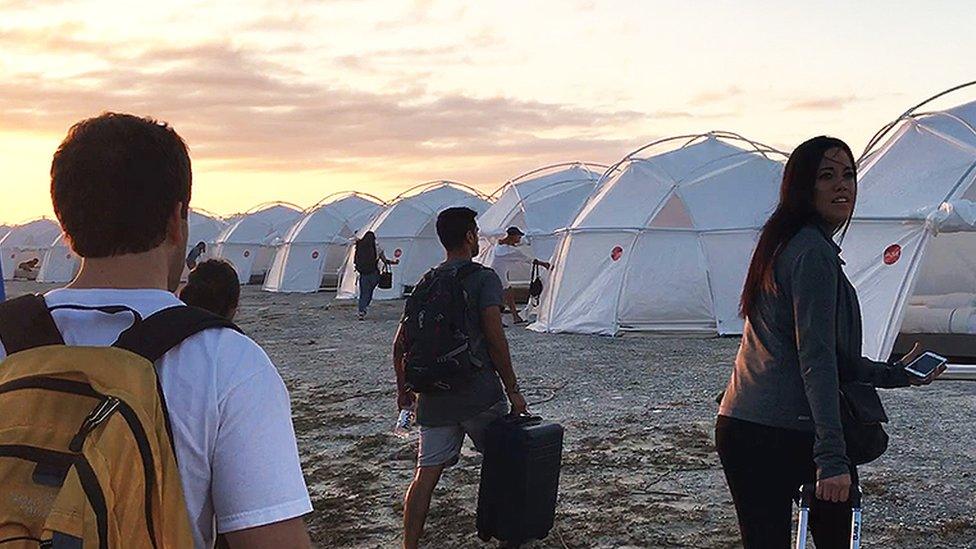
- Published28 January 2019

- Published2 May 2017
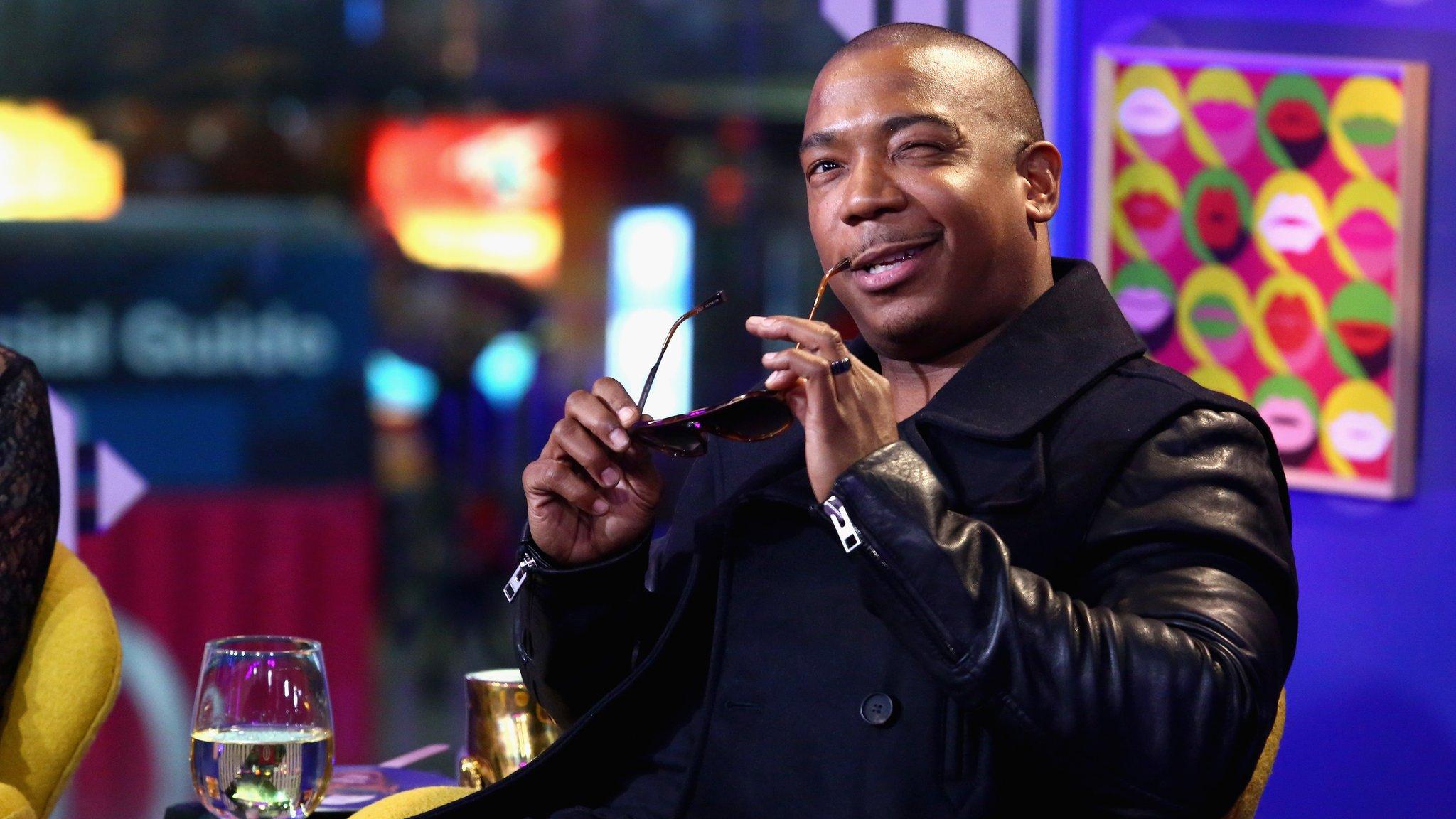
- Published3 August 2020

- Published20 January 2019
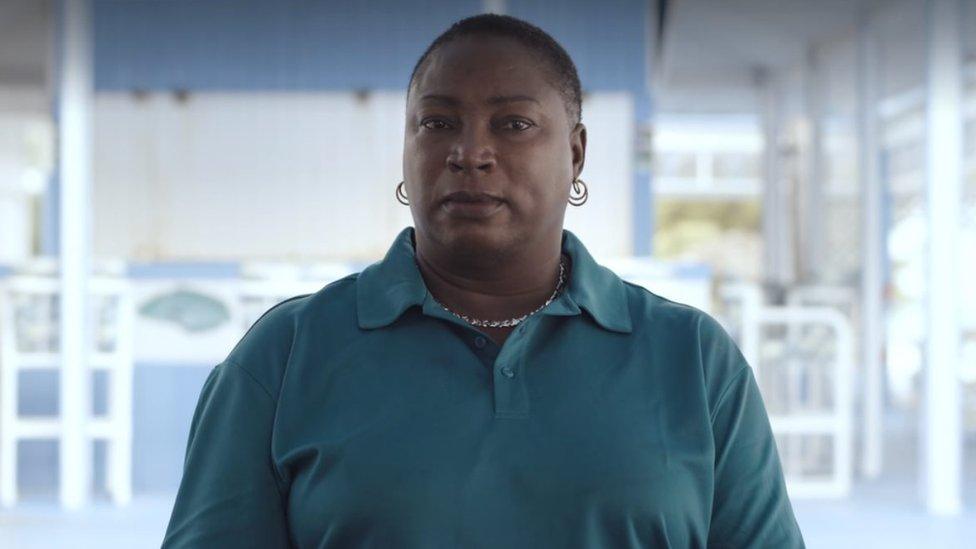
- Published21 January 2019
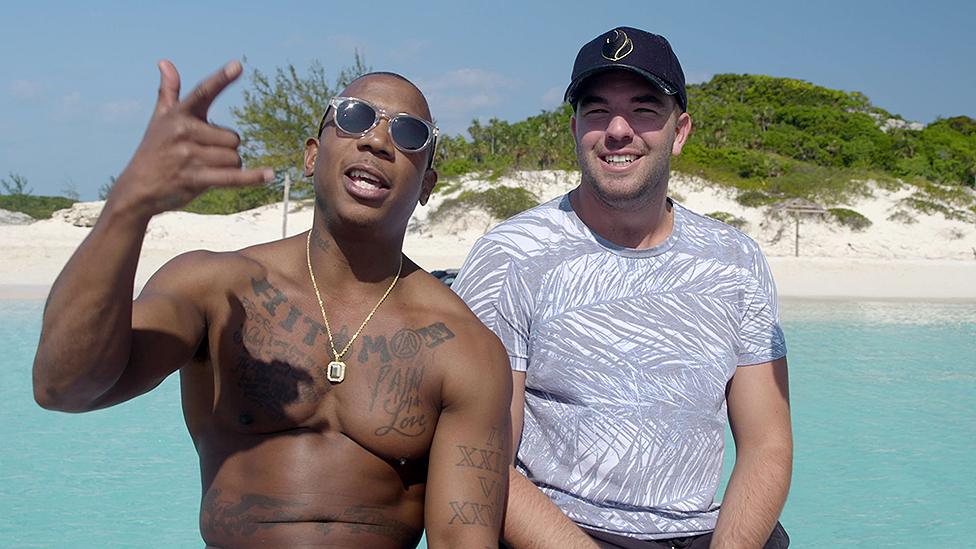
- Published22 January 2019
